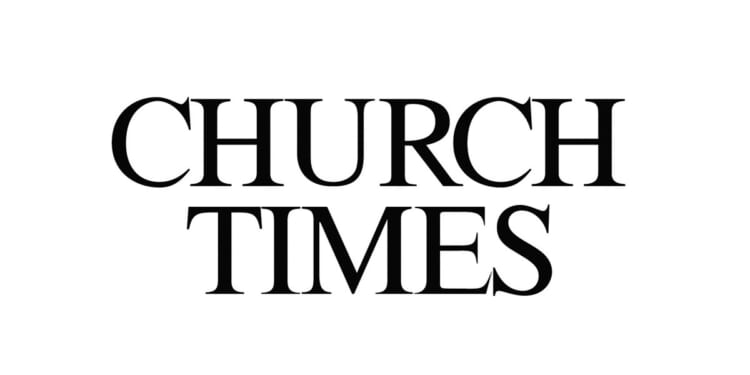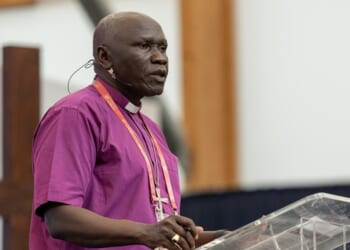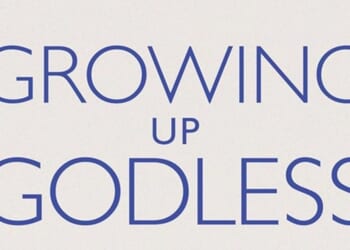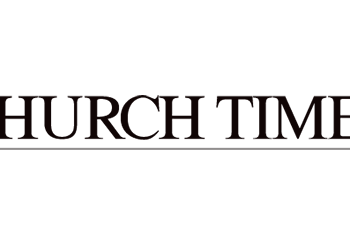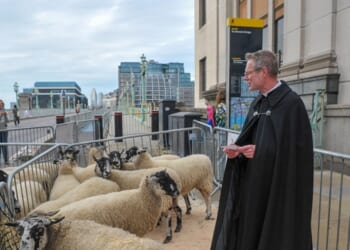THE use of unauthorised texts for the eucharist is not confined to new worshipping communities, a new report from Cranmer Hall observes: “It is common to find Anglican churches in the evangelical tradition which hold authorised liturgy very loosely, prioritising extemporary prayer, contemporary music, and extended preaching over and above set liturgical texts.” This would have saddened the Evangelical leader John Stott. Writing in the Church Times in 1959, he agreed that revision in the form of a new Prayer Book was “urgently” needed, but that changes should be moderate and piecemeal. He advised against “the liturgical confusion which would result from a general permission to use alternative services” and argued for uniformity and enforcement.
Today, the idea that a worshipper moving from one church to another has the right to expect to find “something like a normal standard of worship” (Stott quoting Bishop Henry Montgomery Campbell) feels remoter than it did then. The Cranmer Hall research identifies the publication of Common Worship in 2000 as the turning point, but the diagnosis of “liturgical anarchy” was made more than a century ago when a proposed Prayer Book, with what now looks like a modest provision of alternatives, was under development. This was in response to a Royal Commission’s finding of 1906 that the law of public worship was “too narrow”. Ritualism, as it was then called, had been the target of Evangelical criticism, and something more violent than that, since the Oxford Movement began in a form of “Ultrarubrician” 1662 fundamentalism. Since the Act of Uniformity, uniformity has always been an elusive concept, and eucharistic liturgy has historically been a particularly guarded area.
A modern approach is to promote liturgical formation and literacy, including a clear awareness of Anglican tradition, including faith and order. This could evidently be strengthened in places. The new report makes stark observations. One leader of a New Thing affirmed that “authorised liturgies” were being used, and called them “Celtic Liturgies”. Another Fresh Expression leader was confused to be asked by the Archdeacon which Eucharistic Prayer would be used. “We write our prayers,” he responded. It is clear that some are unaware of the canonical limits to the extempore. If these are now to be deemed too narrow, too, then C of E polity would suggest (as a correspondent does in this week’s Letters to the Editor) that this is a matter for the General Synod to reflect on: the ordering of worship without parliamentary intervention in the doctrinal questions that it raises is precisely one of the purposes for which the Synod was created.
Stott quoted from the 1928 Prayer Book preface. This book was the Church’s response to the 1906 finding, and fell at the hurdle of ecclesiastical politics in Parliament. The preface’s notion that it was a “marvel” that 1662 needed so little change was dated in 1959. If revision then took off in new directions, that was because the revisers in 1662 could not be left with the last word, given advances in scholarship and ecumenical understanding. If the Synod takes the Durham observations further, it is likely to have regard not just to congregationalism or an imaginary age of uniformity, but to the bigger picture of what would be true to the whole Church’s inheritance in a local mission context.

